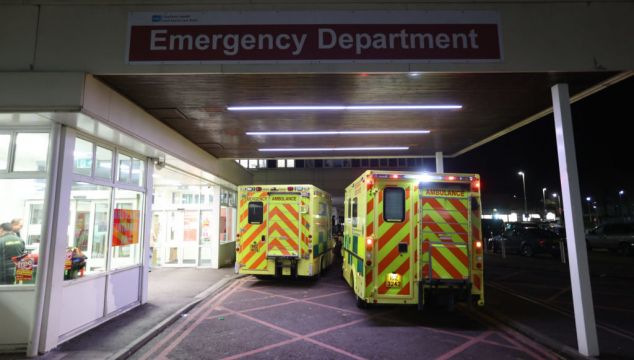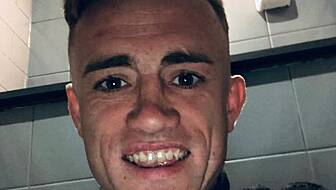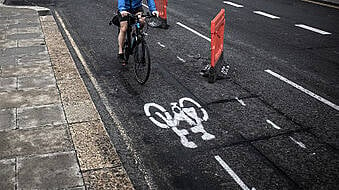Junior doctors in Northern Ireland have voted to take part in strike action over pay.
They will take part in a 24-hour walkout at hospitals across Northern Ireland from 8am on March 6th to 8am on March 7th.
The British Medical Association (BMA) said 97.6 per cent of those balloted voted yes.
Dr Fiona Griffin, chairwoman of BMA’s Northern Ireland junior doctors committee, said the result shows it is clear that junior doctors feel they have no other option but to strike.
“We have had 16 years of pay erosion which now amounts to over 30% loss of pay, yet in this time our workload and burnout levels have risen,” she said.
Junior doctors in Northern Ireland have overwhelmingly voted to take strike action. Junior doctors across Northern Ireland will stage a 24-hour walkout on the 6 March.
Read more here: https://t.co/oF3obaryt3— BMA Northern Ireland (@BMA_NI) February 19, 2024
“Coupled with rising inflation this is a huge financial loss for anyone in any profession, but it is causing an acute workforce crisis among junior doctors, as many are thinking about leaving Northern Ireland to work elsewhere for better pay and working conditions, where the complex and skilled work we undertake is properly rewarded.
“These are the consultants, GPs and specialty doctors of the future, medics that we are relying on to drive down our waiting lists.”
She said they had a recent pay meeting with the North's Department of Health, which she said left them feeling “extremely disappointed and disheartened”.
“We entered that meeting with the hope that good faith negotiations would commence on doctors’ pay asks.
“Instead we were presented with a fait accompli of a below-inflation 6% uplift, that will be awarded in the next financial year,” she said.
“We were told any further discussions on pay had to be delayed until the ongoing Westminster pay negotiations with doctors in England had concluded, despite health and pay being devolved matters.
“All of this is simply unacceptable and is far from the spirit of meaningful engagement on pay.
“It further adds to the sense that the role doctors play in the health service is simply not valued.
“Junior doctors must be paid fairly for the work that we do and that means nothing less than an immediate, above-inflation pay award and a commitment to full pay restoration to 2008 levels.
“The future of our profession and our health service depends on this issue being addressed urgently and we are willing to get around the negotiating table at any time to achieve this.
“I also call on all political representatives to show their support and join us on the picket lines on March 6.”
The Department of Health said it acknowledged the outcome of the ballot.
“Industrial action in the health service will inevitably exacerbate the already severe pressures on our health service,” a department statement said.
“This ballot of junior doctors was launched before the confirmation of additional funding for public sector pay in NI.
“With this funding now confirmed, the minister and department are seeking to resolve pay issues for the current financial year as a priority.
“This includes as an initial step moving to immediately implement the 2023/24 recommendations of the DDRB – a national NHS review body – for all doctors employed in the NI health service.
“This offer will bring an average pay increase of 9.07% for junior doctors, with those in their first year receiving a 10.68% uplift.
“The department is clear that implementing the DDRB recommended package does not bring an end to pay discussions with the BMA for 2023/24 and has committed to further negotiations when we have greater clarity on any final settlement in the ongoing junior doctors dispute in England.
“We therefore reiterate our commitment to further engagement with the BMA Junior Doctors Committee on pay, contract reform and other issues.”







